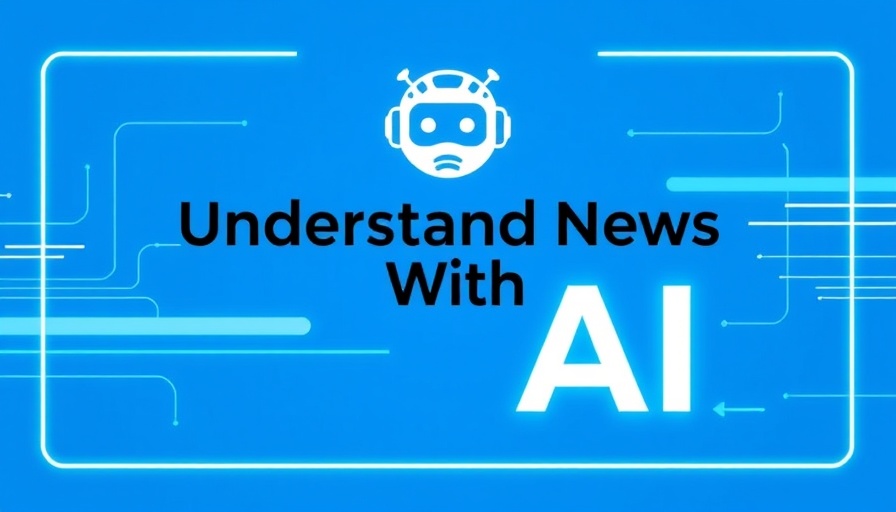
Australia's AI Job Debate: A Turning Point
The recent decision by the Commonwealth Bank of Australia (CBA) to halt AI-driven job cuts has sparked a significant discussion about the future of work in the era of artificial intelligence. As companies continue to integrate advanced technologies, the balance between efficiency and the human touch remains a pressing issue.
The Challenge of AI Implementation
Initially, CBA introduced voice bots to handle customer inquiries, aiming to streamline operations and reduce labor costs. However, the introduction of these bots came with unexpected consequences. Instead of decreasing workload, the organization faced an overwhelming number of customer calls. This led to managers putting in overtime to deal with the influx, revealing a fundamental flaw in relying solely on AI solutions. This incident raises critical questions: Can AI truly replace human roles, or does it need to complement them?
Productivity vs. Personal Touch
The heart of the debate lies in productivity. Many businesses in Australia grapple with high wage costs and low productivity metrics, prompting a trend toward automation and AI integration. The CBA’s experience serves as a cautionary tale: in prioritizing efficiency, companies may risk losing customer satisfaction. For instance, while voice bots can handle simple queries, complex issues often require human interaction. Striking the right balance between automation and a personal touch could ultimately define a company's success in the long run.
Learning from CBA's Experience
The Commonwealth Bank's reversal offers valuable insights for other companies considering AI implementation. It highlights the importance of evaluating whether AI solutions genuinely address customer needs or simply serve as a cost-cutting mechanism. Moving forward, businesses should focus not only on the technology itself but how it integrates into the customer experience. AI can undoubtedly enhance efficiency, but it should never replace the human connections that drive customer loyalty and satisfaction.
Future Implications for the Workforce
As the debate around AI job cuts continues, the broader implications for Australia's workforce come into play. Employees may fear job loss due to AI advancements, creating a tension that can affect morale and productivity. Organizations will need to navigate these challenges carefully by investing in reskilling and upskilling initiatives. This not only fosters a culture of growth but also demonstrates a commitment to their workforce's well-being.
Communities and the Transformation of Work
These trends are not just corporate concerns; they ripple through local economies and communities. Grassroots initiatives can flourish in the wake of innovation, encouraging collaboration between tech companies and local institutions. CBA’s decision to reverse its job cuts may set a precedent that reminds businesses of their social responsibility: to create environments where both technology and humanity can thrive.
Actionable Insights for Local Entrepreneurs
For small business owners and local entrepreneurs grappling with similar woes, it’s crucial to embrace a holistic approach. Understand your customer needs deeply and supplement your operations with technology that enhances, rather than replaces, human interaction. As you innovate, involve your team members in the process. Their insights will be invaluable as you chart a path through the uncertainties posed by evolving technologies.
In conclusion, while the advancements in AI herald promising breakthroughs, they also challenge our traditional understanding of work. Embracing technology doesn't mean sidelining the human element; rather, it calls for a nuanced approach that values both efficiency and empathy. As we navigate these exciting yet uncertain waters, let us remember that the strength of our communities lies in our capacity to adapt together.
 Add Row
Add Row  Add
Add 




Write A Comment